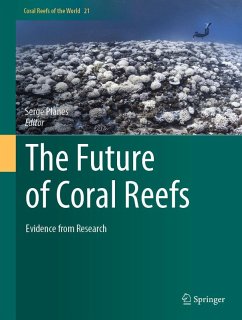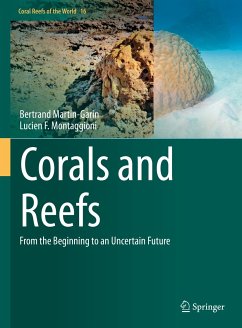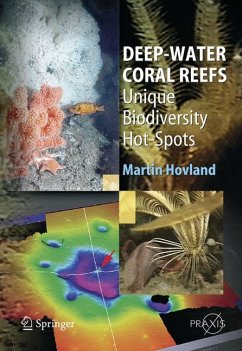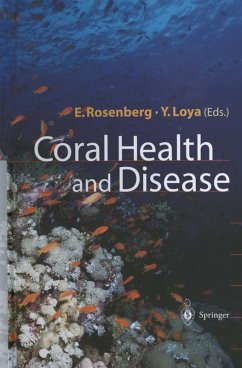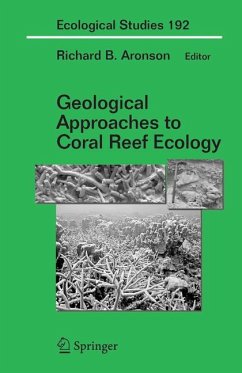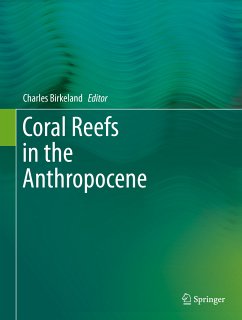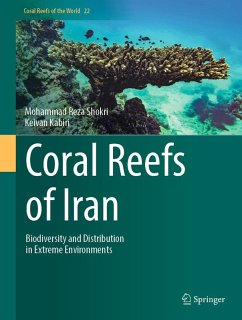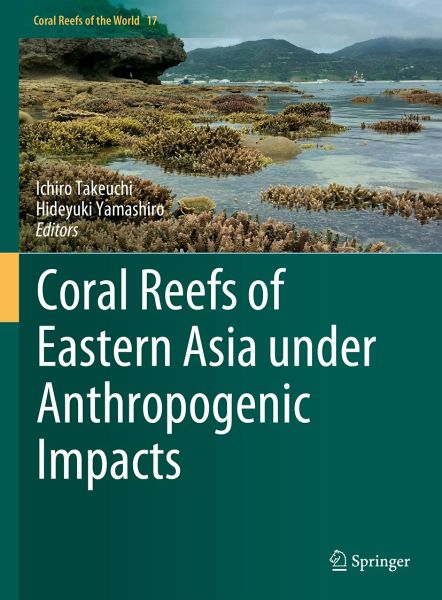
Coral Reefs of Eastern Asia under Anthropogenic Impacts (eBook, PDF)
Versandkostenfrei!
Sofort per Download lieferbar
176,95 €
inkl. MwSt.
Weitere Ausgaben:

PAYBACK Punkte
88 °P sammeln!
Coral reefs, which are one of the most productive and biodiverse ecosystems on Earth, serve various important roles, such as providing shelter and spawning grounds to a wide range of marine animals. However, the global decline of hard corals in tropical and subtropical regions is a growing concern. A recent review of the Intergovernmental Panel on Climate Change (IPCC) indicated that only 10%-30% of coral reefs would survive with an increase of 1.5 °C in global warming temperature. Of coral reefs around the world, the coral reefs in eastern Asia face one of the most industrially developed and...
Coral reefs, which are one of the most productive and biodiverse ecosystems on Earth, serve various important roles, such as providing shelter and spawning grounds to a wide range of marine animals. However, the global decline of hard corals in tropical and subtropical regions is a growing concern. A recent review of the Intergovernmental Panel on Climate Change (IPCC) indicated that only 10%-30% of coral reefs would survive with an increase of 1.5 °C in global warming temperature. Of coral reefs around the world, the coral reefs in eastern Asia face one of the most industrially developed and high population areas in the world. Thus, coral reefs of eastern Asia have been affected by various anthropogenic factors, such as eutrophication, coastal development, anthropogenic pollutants, ocean acidification, disease, and overfishing. Therefore, urgent research is required to determine the levels at which different factors will affect coral health. Besides, we propose a perspective on coralreef (especially those in eastern Asia) conservation under climate change and various anthropogenic activities.
Dieser Download kann aus rechtlichen Gründen nur mit Rechnungsadresse in A, B, BG, CY, CZ, D, DK, EW, E, FIN, F, GR, HR, H, IRL, I, LT, L, LR, M, NL, PL, P, R, S, SLO, SK ausgeliefert werden.



